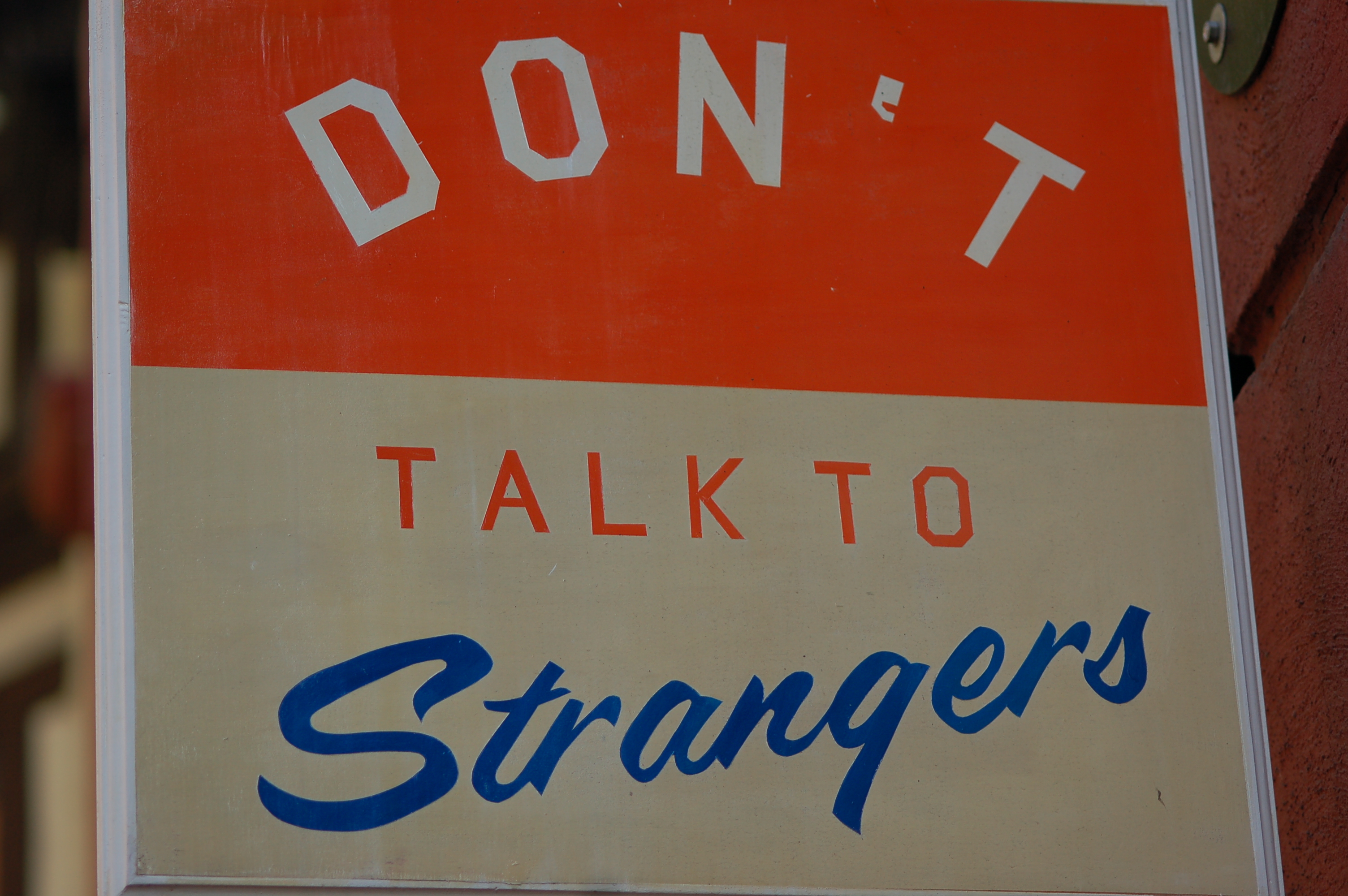 Recently I was part of an email stream discussing the aftermath of the Supreme Court’s Marriage ruling. I always appreciate the opportunity for dialogue with my brothers and sisters in Christ, especially as it relates to issues of same-sex relationships and marriage. These topics are near to my heart and part of my calling. So I love humble engagement, the kind that leads to better understanding and commitments to love and walk in wisdom.
Recently I was part of an email stream discussing the aftermath of the Supreme Court’s Marriage ruling. I always appreciate the opportunity for dialogue with my brothers and sisters in Christ, especially as it relates to issues of same-sex relationships and marriage. These topics are near to my heart and part of my calling. So I love humble engagement, the kind that leads to better understanding and commitments to love and walk in wisdom.
It breaks my heart and frustrates me when this dialogue turns ugly and what I hear from brothers and sisters is void of empathy and love. Conversations that do not lead with grace are rarely satisfying!
Unfortunately, this week’s email conversation turned in this direction. The subject of the dialogue was how the church will respond when LGBT individuals, who are married, repent and seek the advice of a pastor. The conversation acknowledged that Christians have not provided the picture of marriage we should, and therefore we have a credibility gap. This dialogue was helpful, and then something happened on the way to being encouraged.
One of the brothers involved used the email as a chance to reveal his personal feelings about gay people in general and the role of the church in walking with them. I am posting the contents of that message below. I do not post it with any sense of animosity but rather the humble hope that it can serve as an education for anyone who feels the same way. I have no desire to shame my brother and to that end I have not shared further details.
“While I appreciate your concerns, the Southern Baptists have stated their position on same-sex marriage. They will not be performing any same-sex marriages. Afterall, we are talking about less than 2% percent of the population. I am sure the church will provide some counseling in their efforts “love the person and hate the sin”. However, I don’t see a huge number of homosexuals coming to the church for help. There are ministries that are not part of the church more suited and already in place to help homosexuals. Bottom line, homosexuality is a sin and an abomination to God. It is pretty clear in scripture. Marriage is still between one man one woman from a biblical sense, and they cannot take that away from God and His creation. My concerns are more focused on the children. Homosexual goals are to shape the minds of children through literature and other means. There is so much pressure on kids already, and now this. This is a tip of the iceberg. We have to protect our children.”
This response fails to deal with the question at hand on any level. My brother’s understanding seems to avoid that his sin propelled Jesus to the cross just as much as his LGBT neighbor. There are foundational realities that we as brothers and sisters in Christ must believe to avoid the odious sins of pride and self-righteousness.
First, we must always hold high that God created all humanity in his image and, therefore, all are worthy of love, empathy, and common decency.The same common graces that God extends to all humanity. If we fail at this point, we do so at the expense of God’s glory! The image is marred but it is not lost, and thus our common image should not be lost on all those who believe. Second, We share a common brokenness! If my brother knows Christ, it is because “God being rich in mercy, made him alive together with Christ” (Ephesians 2:4). His sin, my sin, all sin, was part of the reason for the atonement. There is only room for “us” in this conversation and not “us” versus “them.”
Further, my brother seeks to diminish the need for a sacrificial missional response to the LGBT community by diminishing their numbers. If the LGBT population is around 2%, we are talking about close to 6 million people in our country, this matters. Since when did the number of people needing help dictate the church’s care for them? The fact remains that if we take a cross section of all studies done, we are talking about closer to 5% of the population.
Perhaps, the most disturbing piece of the brief manifesto is the belief that the church should sit back and let those outside the church (parachurch ministries) handle homosexuals. My brother seems to see the church as offering secondary counsel to the primary role of ministries outside the church. God has ordained that his church be a hospital to the sick and broken not a social club for those who have built a portfolio of self-righteous assets! God help us if the church ever becomes a place that needs protection from “them,” because we have failed to see all as “us.”
My brother fails to realize that there are brothers and sisters in the body of Christ living with same-sex attraction and gender identity struggles. I wonder if he knows that so many who quietly struggle want to honor Christ with their choices and need brothers and sisters to walk with them. His posture would have the effect of shaming them into silence.
Let us be honest, “loving the sinner, and hating the sin,” rarely produces the love Christ calls us to! This phrase has become part of a hollow Christian dialogue. The next time you say it or hear someone saying it, have the courage to ask, what does that love look like specifically? What does that hate look like, specifically? Will struggling brother’s and sisters or LGBT neighbors, feel the love or see the effect of the hate? The reality is, this phrase has often produced the later and not the former.
The conversation must change! The glory of God is at stake in us changing the conversation surrounding our LGBT neighbors, and our struggling brothers and sisters!
My brother’s convictions on homosexuality are not the problem. I too believe homosexuality is a sin, I also believe that marriage is a sacred institution, ordained by God, and therefore it is not up for redefinition. The problem is one of posture, a posture that reveals a level of misunderstanding and basic disdain. Disdain should never be true of us, who bear the name of Christ.
Let us remember that Christ gave his life so that we might gain it, he walked through reproach so that he might reconcile us to God. His disciples lived and taught this example as they walked with all to win some. Who are we to do any less?
Going forward, I commit to pray for my brother, and in my rebuke of his attitude pray that I do not become guilty of thinking I am any better in my heart. Going forward, I would ask each of you to consider how you can be a part of changing the conversation? How can you invite your LGBT neighbor in and go to them for the cause of Christ?
In the weeks and months ahead our organization, The Identify Network, will be offering insights to these questions and many others. Our hope is to change the conversation and the posture in the church and change the environment. We exist to see this church emerge in the coming years ahead. A church that is not prepared to boldly and sacrificially love the broken will increasingly become irrelevant in the coming generation.
Our hope is that our ministry to those in need is always to “us” and never to “them.”
Subscribe to Narrative&Nuance and follow our posting
[mc4wp_form]











